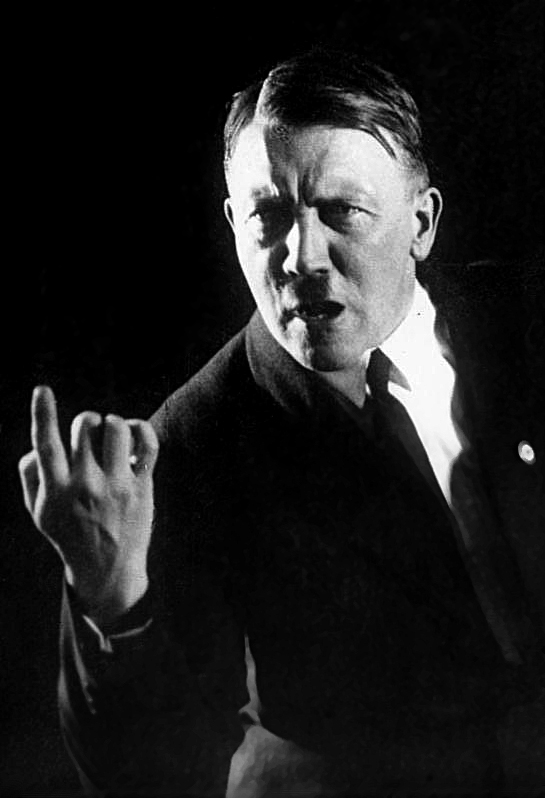Sherlock Holmes spends time trying to catch criminals -- including murderers and psychopaths. Why are they so different from "normal" people?
More studies are coming out showing the many physical
differences between the brains of murderers and psychopaths and the brains of
“normal” people. It’s hoped that isolating the causes could lead to treatments
to fix those changes and possibly prevent murderers from killing again.
Although such treatments are decades in the future, identifying brain
abnormalities can be done in the present time.
Kent Studies
Brain scans done in the Clinical Neuroscience Research Centre in Kent in 2000 compared the scans of normal people doing a simple task compared
to those of killers. They were all given photos of people they recognized. An
area of the brain that helps with memory is clearly damaged or impaired in
killers’ brains. In normal people, areas of the brain associated with emotion
are also stimulated. A killer’s brain would not be so stimulated.
This might explain the lack of emotion or cold-heartedness shown
by many killers and by psychopaths (people who are diagnosed with psychopathy).
It could also explain violence done to others, including long-time friends and
immediate family members, when a person is in the grip of a psychotic episode.
Problem in Grey Matter
Studies published in 2012 at King’s College London’s ofPsychiatry showed that psychopaths have less grey matter in areas that control
emotion. This lack of emotions can lead not only to murder, but also to a
general lack of empathy. They also do not feel guilt or fear that normal people
would have when contemplating murder.
Not all psychopaths are murderers or potential murderers.
Many can lead productive lives and even become millionaires, according to The
Psychopath Test by Jon Ronson (Riverhead; 2011).
Stanley Milgram’s Experiment
Before normal people feel comfortable knowing that their
normal brains would ever allow them to kill, let’s take a look at a landmarkexperiment done by Stanley Milgram in the 1960s. In the study, volunteers told
that they had to deliver electric shocks to a person in another room. This
person could not see the volunteer.
Unknown to the volunteer, the person was an actor and was
not actually given any electric shocks. But the vast majority of volunteers
administered what would have been lethal doses of electric shocks because an
authority figure told the volunteers do so. These were normal people with
normal brains theoretically killing people just because they were instructed to
do so.









